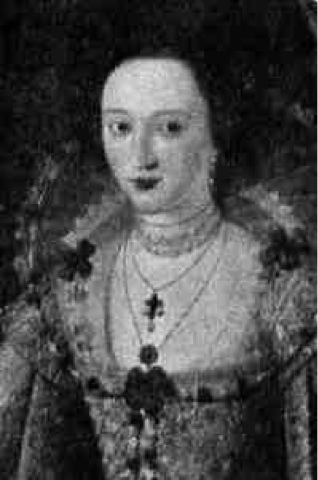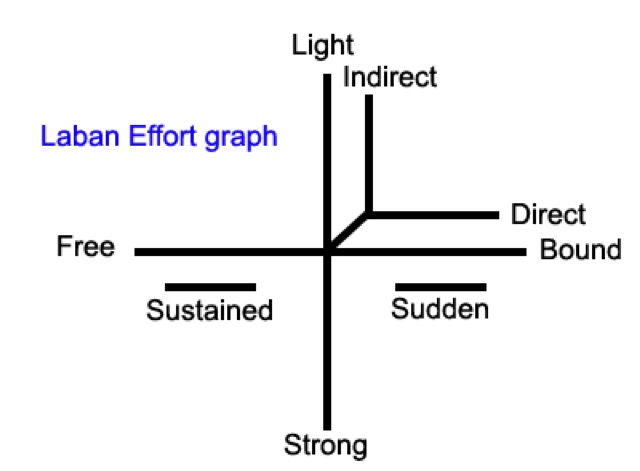It almost feels unfair for me to review this, given my intense investigation of Genet these days, but alas, here it is.
We begin with a very traditional setup of Genet's world; a closet with dresses suggesting a time, but of no specific time. Tasteful furniture that would not be out of place today but suggests a certain antiquity. Maids in traditional uniform. And the game begins. The problem, for me, was that the game at once gave the impression that the players did not know where it was at, and at the same time were acutely aware that the game was on. The magic of Genet's play comes in its ability to trick the audience (and the players!) into conviction about the way the world must be, so that when the balloon pops and the game is interrupted there is a moment of utter confusion as to what has just taken place.
The production, as a whole, came across as safe. The Maids should have a seedy underbelly which slowly creeps out from beneath the text as a dangerous and risky game; this came across as a safe role play, for which everyone knew the end, and no real danger was present. I believe that some of this safety was the result of the translation. This was a version by Martin Crimp, which is undeniably English in its translation. With this came a minimalization of the dirt that Genet gives us in the language; we lost the beautifully grotesque image of "drowning in the depths of your stink, in the mists of your swamps" - the visceral quality of the langauge was lost, a factor I hypothesize contributed to the sense of safety in the production. Hearing phrases such as "arouse" in place of "seduce" dialed back the overt and dangerous sexuality in the text.
The performances were adequate, but I would argue unmatched. The sense of similarity between the three characters was lost, replaced by an individuality which detracts from Genet's power.
We begin with a very traditional setup of Genet's world; a closet with dresses suggesting a time, but of no specific time. Tasteful furniture that would not be out of place today but suggests a certain antiquity. Maids in traditional uniform. And the game begins. The problem, for me, was that the game at once gave the impression that the players did not know where it was at, and at the same time were acutely aware that the game was on. The magic of Genet's play comes in its ability to trick the audience (and the players!) into conviction about the way the world must be, so that when the balloon pops and the game is interrupted there is a moment of utter confusion as to what has just taken place.
The production, as a whole, came across as safe. The Maids should have a seedy underbelly which slowly creeps out from beneath the text as a dangerous and risky game; this came across as a safe role play, for which everyone knew the end, and no real danger was present. I believe that some of this safety was the result of the translation. This was a version by Martin Crimp, which is undeniably English in its translation. With this came a minimalization of the dirt that Genet gives us in the language; we lost the beautifully grotesque image of "drowning in the depths of your stink, in the mists of your swamps" - the visceral quality of the langauge was lost, a factor I hypothesize contributed to the sense of safety in the production. Hearing phrases such as "arouse" in place of "seduce" dialed back the overt and dangerous sexuality in the text.
The performances were adequate, but I would argue unmatched. The sense of similarity between the three characters was lost, replaced by an individuality which detracts from Genet's power.






